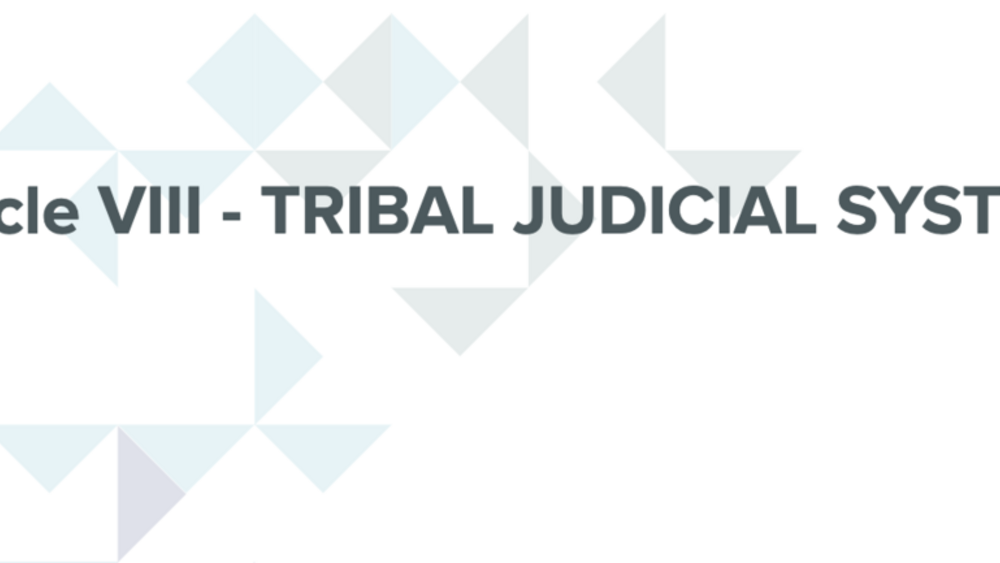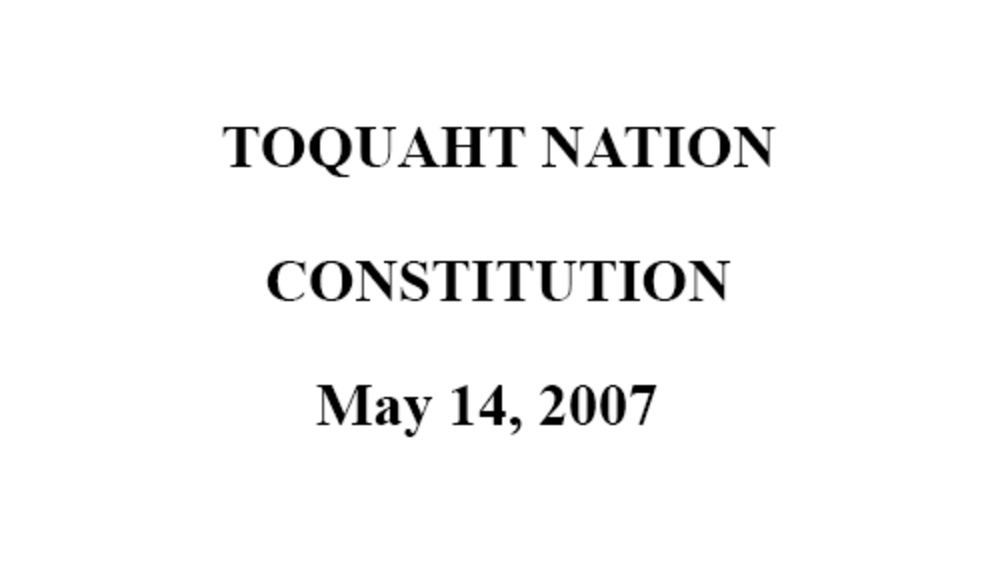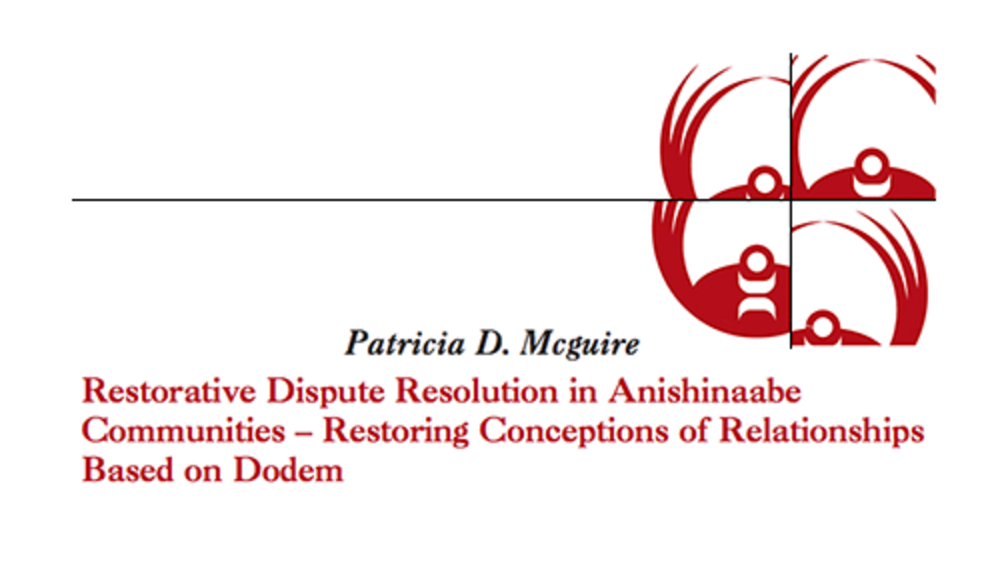ARTICLE X. - POWERS AND DUTIES OF THE COUNCIL OF ELDERS
Section 2. - [Specific Judicial Review Powers.]
(h) to establish and enforce rules of tribal custom, consistent with applicable federal statutes and the applicable regulations of the Secretary of the Interior, for the management of tribal society, including but not limited to, the conduct of tribal ceremonies and rituals;
(i) to promote and protect the health, peace, morals, and general welfare of The Tribe and its members, and to establish traditional policies regarding education of tribal members;
(j) to establish and enforce ordinances governing tribal membership and enrollment;
Indigenous Governance Database
Mohegan Tribe: Judiciary Functions/Dispute Resolution Excerpt
Related Resources

Ione Band of Miwok Indians: Judiciary Functions/Dispute Resolution Excerpt
Article VIII - TRIBAL JUDICIAL SYSTEM The judicial power ofthe Tribe shall be vested in the Tribal Council until such time as Tribal court(s) or other appropriate forums may from time to time be established by ordinance(s) for that purpose. Said ordinance(s) shall ensure the impartiality and…

Toquaht Nation: Judiciary Functions/Dispute Resolution Excerpt
CHAPTER 7: DISPUTE RESOLUTION 7.1 On the Effective Date of the Maa-nulth Treaty, the Toquaht Council shall bring into force and effect a Toquaht Nation dispute resolution law which shall provide for, among other things, a public body to address disputes with the Toquaht Nation Government and within…

Restorative Dispute Resolution In Anishinaabe Communities - Restoring Conceptions of Relationships Based on Dodem
Social relationships, not political, hold communities together. In Anishinaabe communities, external colonial agencies created changes. External upheavals by colonial governments, education and helping agencies have eroded social structures that nourished communities. Yet, it is the…

